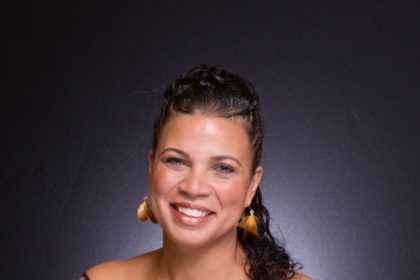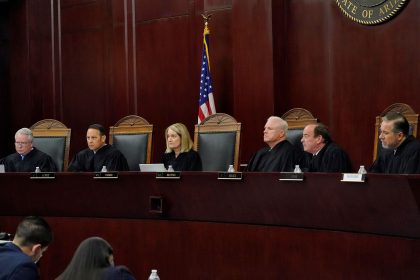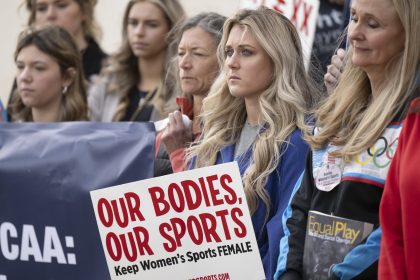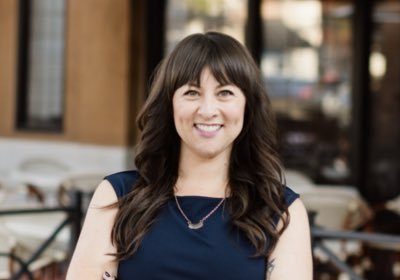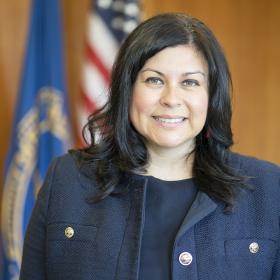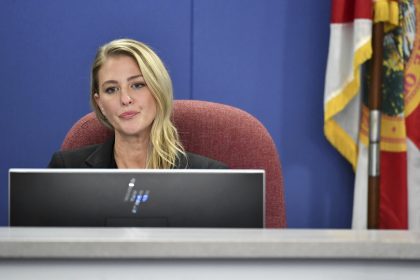Could the Potential Decision on Roe Pose Threat to Interracial Marriage Precedent?
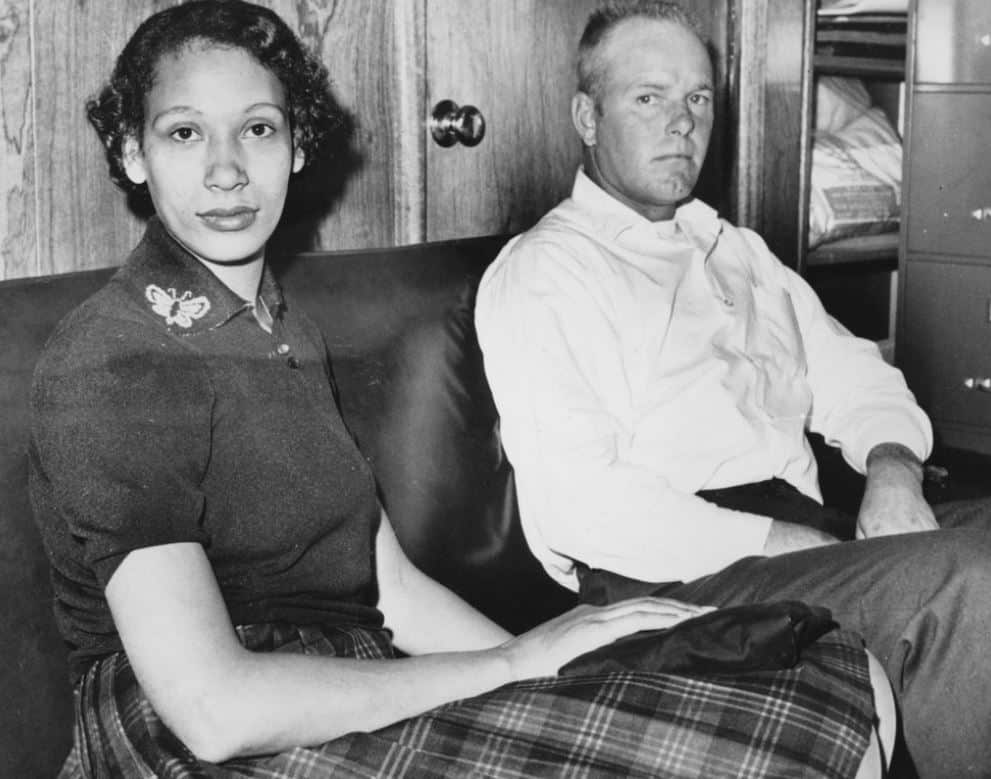
WASHINGTON — As talk about the possible collateral effect of the Supreme Court potentially overturning Roe v. Wade continues to roil Washington, The Well News reached out to attorney Philip Hirschkop to ask what impact that might have on the standing of his landmark civil rights case before the high court, Loving v. Virginia.
The Loving decision, handed down in 1967, struck down all state laws banning interracial marriage on the grounds they violate the Equal Protection and Due Process Clauses of the 14th Amendment to the U.S. Constitution.
Beginning in 2013, it was cited as precedent in U.S. federal court decisions holding restrictions on same-sex marriage in the United States unconstitutional, including in the 2015 Supreme Court decision Obergefell v. Hodges.
The plaintiffs in the case were Richard Loving, a White man, and Mildred Loving, a woman of Cherokee, Portuguese and African-American ancestry who identified as Black.
After Loving became pregnant in the early summer of 1958, the couple traveled to Washington, D.C., to marry in order to evade Virginia’s Racial Integrity Act of 1924, which made marriage between Whites and non-Whites a criminal offense.

Shortly after the couple returned to their Central Point, Virginia, home, police raided their home, hoping to find them having sex, as interracial sex was also illegal in Virginia at the time. Instead, the officers found the couple merely asleep.
When the surprised Loving awoke to find her bed surrounded by police, she pointed to the couple’s marriage certificate, which they’d hung on the wall.
The officers told the couple the certificate was invalid in the Commonwealth of Virginia.
The couple was ultimately convicted of violating the Racial Integrity Act and sentenced to a year in prison. They appealed their conviction to the Supreme Court of Virginia, which upheld it. They then appealed to the U.S. Supreme Court.
Throughout their case, the Lovings were supported in court by the American Civil Liberties Union, which asked Hirschkop and another attorney, Bernard Cohen to work together in the couple’s defense.
When the case came before the Supreme Court, Hirschkop and Cohen, both just newly out of law school, were permitted to share the oral argument before the justices.
During oral arguments, the state argued Virginia’s law was not a violation of the Equal Protection Clause because the punishment was the same regardless of the offender’s race, and thus it “equally burdened” both Whites and non-Whites.
But the court didn’t buy that argument, finding that the law nonetheless violated the Equal Protection Clause because it was based solely on “distinctions drawn according to race” and outlawed conduct – getting married – that was otherwise generally accepted and which citizens were free to do.
On Thursday, Hirschkop, who will turn 86 next week, told The Well News via email, “Obviously, from what I’ve heard of the opinion, it would undermine the equal protection ruling in Loving, but probably not affect the holding as there was a strong decision on due process which is unaffected by the present draft opinion.
“Aside from that, mixed racial couples now are so accepted in society it’s not likely that anything but a few states would even try to undermine that,” he said, adding, “There are always the crazies in places like Texas and Florida that would follow the lead of the new corrupt majority on the Supreme Court.”


















